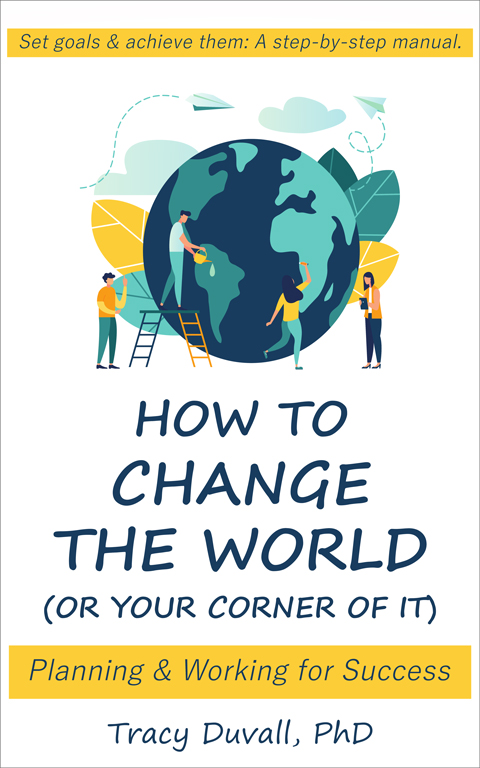On Thursday, the Supreme Court rolled back legal restrictions on political financing in the United States. Note that I specify legal restrictions, because economic difficulties place their own restriction on people’s ability to influence the political process. While some argue that the principle of free speech requires a funding free-for-all, this interpretation contradicts the hallowed principle of equality: one-person, one vote. By radically redesigning political financing, we can honor both of these precepts while increasing participatory democracy. In short, every adult citizen should have a strict allowance to spend on political groups, and no other money should be allowed into the political process.
Basically, this is Jacksonian democracy for the 21st century. The benefits of equalizing political financing include: broader, fuller participation in the political process, leading to less alienation from government; more likelihood of third parties’ or independent candidates’ success; and greater attention to ordinary people’s concerns and less to those of, say, financial barons. The principle of one-person, one-vote means little if knowledge, debate, and choices are predefined and limited by relatively small sectors of society, such as large corporations and wealthy political activists. Instead, this proposal would truly promote a free market of ideas.
The mechanism
How much money would each adult citizen control? While I prefer cutting back on expenditures, I could live with taking the average of the obscenely large amount spent on politics during the previous four years, dividing it by the number of adult citizens, and making this the amount distributed in future years. The funds would expire at the end of each calendar year (i.e., no rollover).
To whom could we contribute this money? To any group that currently is covered by political-financing laws, including candidates, parties, political action committees, and groups that lobby directly or through registered lobbyists. In this matter, I am no specialist, but the law should be written to also include groups that are attempting to directly affect elections by criticizing a candidate in commercials.
Citizens’ contributions would be political entities’ only source of funding for activities currently regulated by election laws. That is, no billionaire could overwhelm opponents by spending personal funds. The groups receiving the money would not have to spend the money in the year that they receive it. They could save it for a more propitious moment.
With current technology, it seems possible for an autonomous agency to track individuals’ limited expenditures, whether these are made through coupons or, better, through a mechanism that operates like a gift card or PayPal. Of course, some fraud will occur. But the relevant question is whether that fraud is worse than the current system, including both the fraud that takes place and the legal disenfranchisement built into the process.
Potential objections
Apparently, the majority on the Supreme Court would find this change to be unconstitutional. So perhaps we should change the constitution. (As I’ve argued regarding the Second Amendment.)
Some might also object that money doesn’t decide elections: votes do. This obviously is true. Yet, despite occasional exceptions, an equally apparent pattern exists: spending more money makes it more likely that a politician will get elected. And, regardless of this patterns’ reality, politicians generally treat their major financial backers as if they control more votes than the average citizen does.
Otherwise …
If we don’t do something drastic to our legal framework for financing elections, we face the danger that our electoral choices and outcomes will increasingly be predetermined, and the periodic ritual of voting will serve mostly to delude us into thinking that each citizen has an equal say in the country’s future. Even if my specific proposal is unworkable, we need to change our political process so that it continues both traditions: freedom of expression and equal opportunity to participate.


Makes perfect sense to me…if only logic played a larger role in how politics get done in this country. Someone might also object to having a centralized database to keep track of which political causes or candidates an individual supports – but they already do that for large donors, and being able to see which wealthy people, industries and corporations support which candidates is one of the few ways we have of pulling aside the curtain on how power flows in this country. And by power, I pretty much mean money. How to gather support for your ideas?
LikeLike
As far as I can tell, the Federal Election Commission already keeps track of who has contributed to whom and publishes it on the web.
As far creating a groundswell of support: please don’t tell me that this blog is insufficient! (Okay, I’m open to suggestions.)
LikeLike